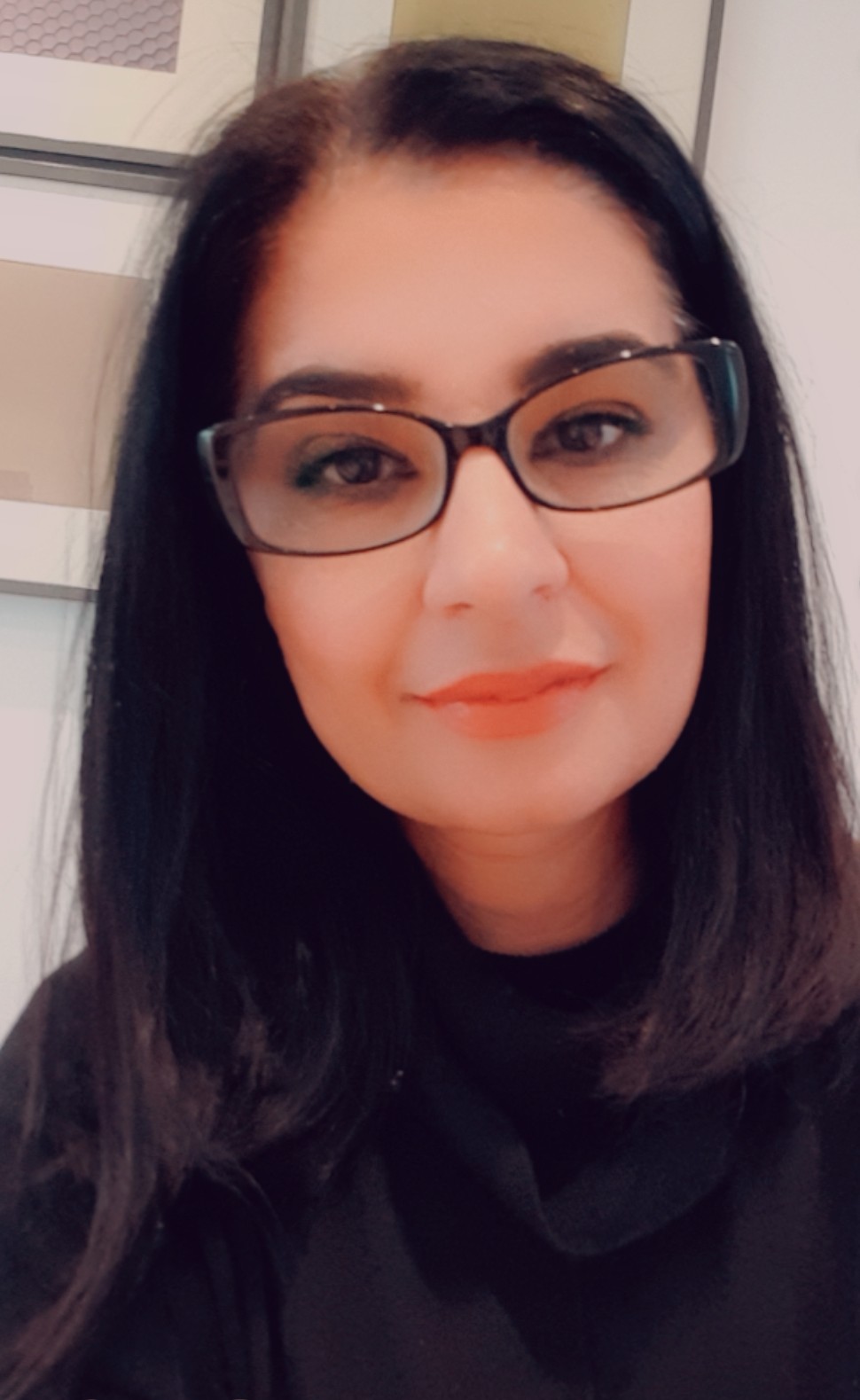The public’s voice can act as a catalyst for change

Health Equity Mainstreaming Group member and public adviser Irum Durrani on how the public’s voice can act as a catalyst for change in tackling health inequalities
Health inequalities are differences in health outcomes and burden of illness. These differences are unfair and unjust yet avoidable. They are closely linked to disadvantage due to geographical location, age, gender, race & socio-economic status.
COVID-19 has further exacerbated such health inequalities by affecting the North West Coast harder with highest infection and mortality rates especially among ethnic minority and socioeconomically disadvantaged groups compared to the England average.
Formation of a dedicated Health Equity Mainstreaming Strategy group by ARC NWC is a step towards mitigating health inequalities through embedding equity in applied health research.
The HEMS public adviser group , of which I am part as a member of the public, meet regularly to discuss ideas on how to support research, educate, enable and empower researchers and public contributors to adopt an equity lens in the their work.
In addition to my role in ARC NWC , I recently joined the Clinical Research Network North West Coast (CRN NWC) as a part-time Research Engagement Officer. The CRN NWC has recruited a new Engagement team that is responsible for reaching out to the under-served communities to raise awareness and support their involvement in research. As part of my new role, I visited a group of people from the local community in Blackpool and was asked to talk about my experience with research and how they can themselves become a part of what CRN NWC calls “Research Ready Communities”. When we talked about the benefits of co-production in research, the group discussed a set of principles that would be required if work was to have an impact. These included issues like being in equal partnership with researchers, reducing the power dynamics and being able to choose their topics of research. Being a public adviser myself, I could relate to the anxiety around being treated in a tokenistic way. While that is not an uncommon experience, there are tools and ways to change that. I like to remain hopeful that public voice will act as a catalyst for the change in health inequalities we are all so desperate for.
We cannot achieve equity in provision of health services and thus health and wellbeing without research that has equity principles embedded throughout.